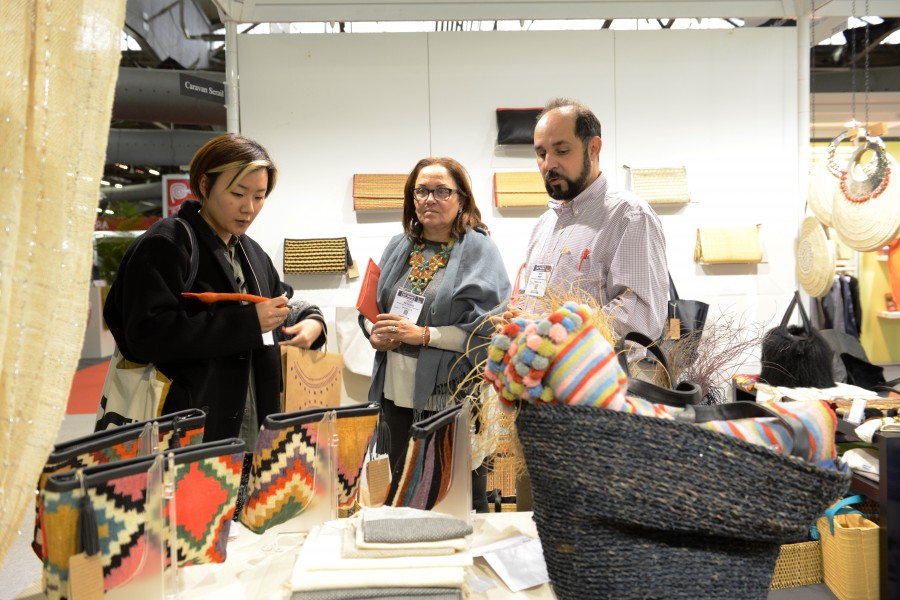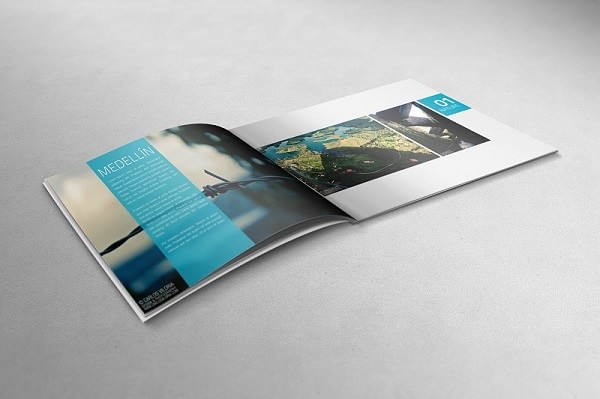Tunisian Handcraft Export Initiative – Update

TAYP, working with a grant from US Embassy in Tunisia, is executing on a project to help expand exports of Tunisian handicrafts to the US market. We are offering selected Tunisian handicrafts vendors a very innovative market-driven approach that leverages technology, supply chain and fair trade to successfully market and sell Tunisian handicrafts.
As part of TAYP’s commitment to ensure the success of this project’s participants in the US market, TAYP and its partner, Tunisian Ministry of Commerce, contracted three consultants to conduct a three day training and workshop sessions for 10 selected artisans.
These sessions will address the needs of artisans in terms of product development, design, marketing, environment, business management and communication skills. The training will also provide first-hand experience and perspective and will use real field scenarios. The workshop is schedule at the CEPEX building in Tunis on June 10, 11 and 12, 2014 from 8:30 A.M. until 5:30 P.M. The ten selected artisans already benefitted from previous trainings offered by the project and most of them attended the Artisan Resource, International Gift Fair in New York City. They will represent the following companies: ETANDART (textile), ART&CO/TULINE, (Home décor) OLIVIA (olive wood), CARAVAN SERAIL (High end basketry and embroidery), UNIVERSAL MOSAICS (mosaics), MONTAPIS (carpet), BALANCE DU CUIVRE (copper), LE MOSAISTE (mosaics), Souk Ceramic (ceramics) and SOCADECO
The training and workshop sessions will mainly focus on the following items:
(1) Identify opportunities in the US market for handmade Tunisian products.
(2) Evaluate the US sales results of the Tunisian companies participating in the NY NOW show and identify key opportunities to scale and expand sales.
(3) Define a US marketing strategy to achieve sustainable sales in the US market.
(4) One-on-one consultations to discuss current and target buyers/companies.
(5) One-on-one consultations to evaluate products and give feedback on product development strategies to expand sales.
(6) Define the cultural barriers and how to implement strategies in order to overcome them for business success between both markets
(7) Make the artisans be aware of high international standards and the benefit of complying to these standards and how to obtain valuable certifications
(8) Support the artisans in terms export technics to the US and how to negotiate with American customers
(9) How to improve the artisans communication with the American customers through their different aspects and utilities
(10) Make the artisans live proper experiences through practical exercises and role plays.
The artisans are looking forward to this event and consider it as a special learning and personal development opportunity. They are eager to take advantage of this opportunity and make to best out of it.
related news


About the author
Mohamed Malouche
Proin eget tortor risus. Cras ultricies ligula sed magna dictum porta